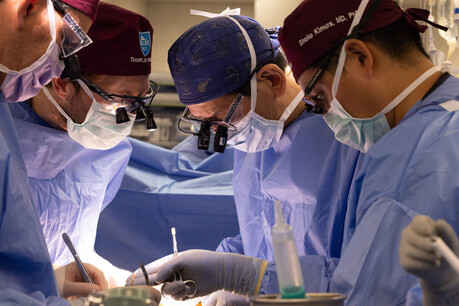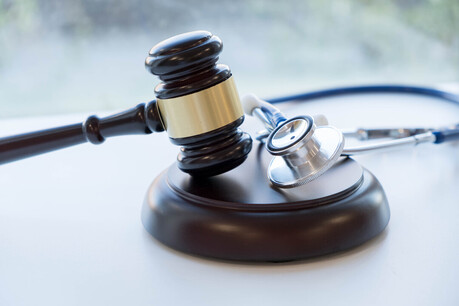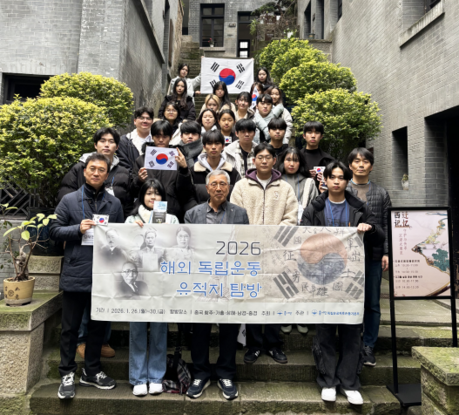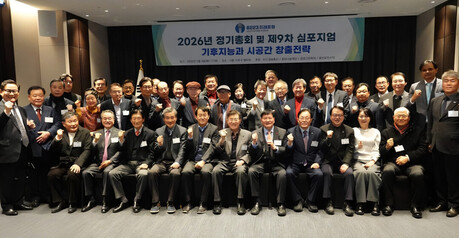
Kuala Lumpur, Malaysia—President Lee Jae-myung arrived in Kuala Lumpur on October 26 for a two-day schedule of ASEAN-related summits, including the ASEAN-Republic of Korea (ROK) Summit and the ASEAN Plus Three (APT) Summit. The visit comes just four days before South Korea hosts the Asia-Pacific Economic Cooperation (APEC) Leaders' Meeting in Gyeongju, highlighting the President's commitment to deepening engagement with Southeast Asian nations amidst a busy domestic and international agenda.
President Lee's attendance is broadly interpreted as a strategic move to restore and elevate relations with Southeast Asian countries, signaling an ambition to surpass the engagement level achieved during the Moon Jae-in administration's New Southern Policy. This pivot towards diversified economic and trade partnerships is also seen as a proactive measure to mitigate potential trade pressures, particularly with the possibility of a second Donald Trump administration in the United States.
Strengthening Economic and Strategic Bonds
The President’s itinerary began with a meeting with the Korean community, where he addressed approximately 200 residents. "This place is exactly 10,000 li (approximately 4,000 kilometers) from Korea," President Lee noted, pledging to ensure that Korean nationals abroad can exercise their rights without inconvenience and promising institutional improvements to foster a sense of national pride.
The core of the visit focuses on high-level bilateral and multilateral discussions. On October 27, President Lee is scheduled to hold separate summit meetings with Cambodian Prime Minister Hun Manet and Malaysian Prime Minister Anwar Ibrahim. The talks with Prime Minister Manet are expected to concentrate on cooperative efforts to combat transnational organized crime, particularly those based in Southeast Asia. The summit with Prime Minister Ibrahim, however, will focus on enhancing defense industry collaboration and strengthening supply chain cooperation—key economic and security agenda items for both nations.
Vision for a Comprehensive Strategic Partnership
During the ASEAN-ROK Summit, President Lee plans to unveil a blueprint for the development of the relationship into a Comprehensive Strategic Partnership (CSP). The vision is articulated through an acronym based on the English initials of the partnership: Contributor, Springboard, and Partner.
- C (Contributor): Focused on supporting the growth of the younger generation.
- S (Springboard): Centered on leveraging the partnership for mutual economic growth and innovation.
- P (Partner): Emphasizing joint efforts for peace and stability.
Furthermore, the President is set to announce plans to host a Special ASEAN-ROK Summit in 2029, reinforcing the long-term strategic commitment.
At the subsequent ASEAN Plus Three (APT) Summit, which includes South Korea, China, and Japan, President Lee will present measures to strengthen cooperation between the three Northeast Asian nations and the ten ASEAN member states. This forum will also mark the first face-to-face meeting between President Lee and the newly appointed Japanese Prime Minister, Takaichi Sanae.
A Shift in Foreign Policy Focus
Director of the National Security Office, Wi Sung-rak, emphasized the critical importance of ASEAN diplomacy for South Korea. Speaking at a press center in Kuala Lumpur, Director Wi stated, "The significance of diplomacy towards ASEAN for South Korea cannot be overstated." He pointed to the region's importance due to the nature of regional diplomatic issues centered on ASEAN economically and geopolitically, as well as the unique diplomatic space it offers for South Korea to exert influence on par with China and Japan.
Director Wi highlighted that the Lee administration, recognizing this gravity, has been actively pursuing high-level diplomacy with ASEAN leaders since its inception. The administration has set a goal of ushering in a new era of $300 billion in annual trade between South Korea and ASEAN.
This trip serves as the highest-profile demonstration yet of the new government's commitment to prioritizing its Southeast Asia engagement, signaling a crucial adjustment in South Korea's foreign policy to ensure long-term economic security and regional stability.
[Copyright (c) Global Economic Times. All Rights Reserved.]






























